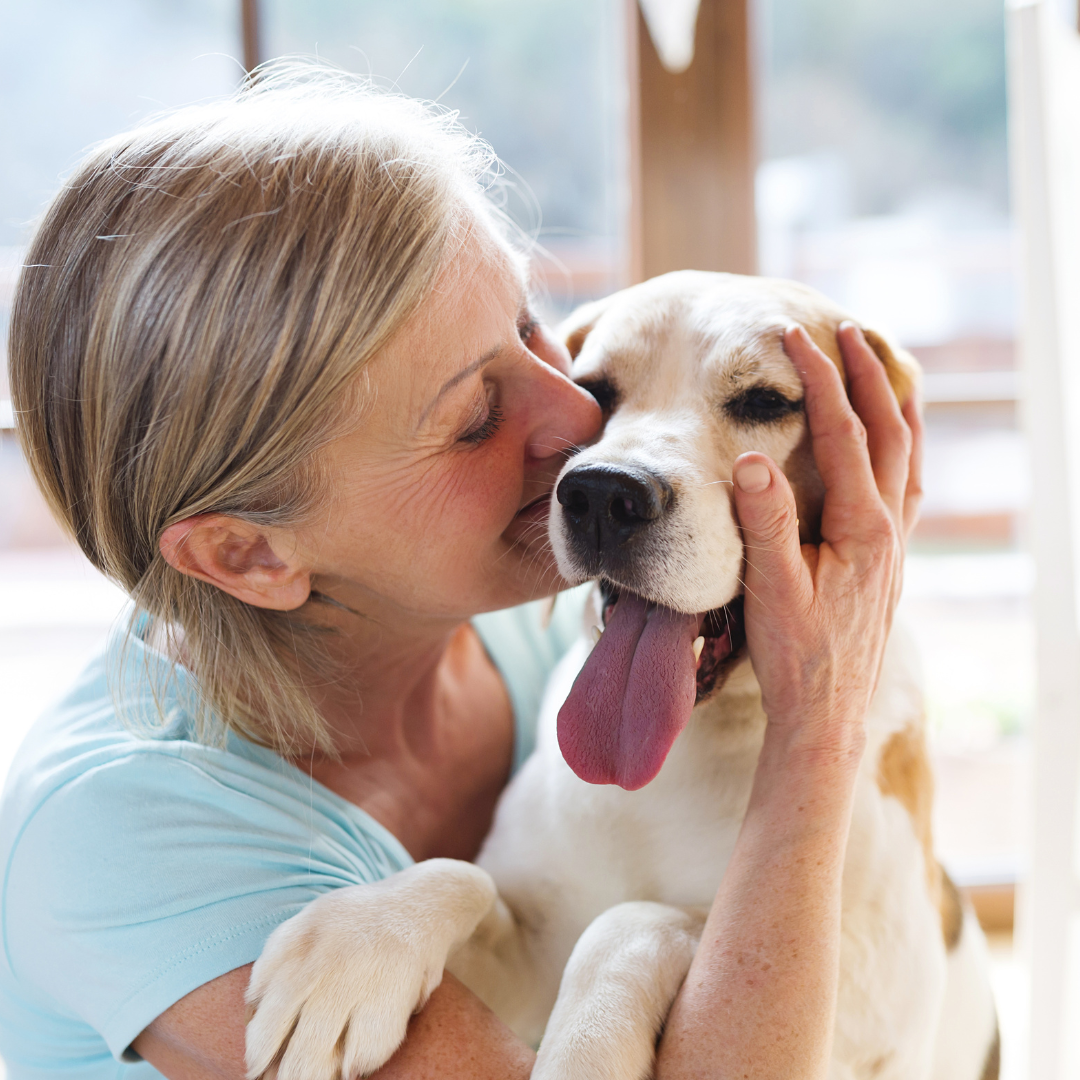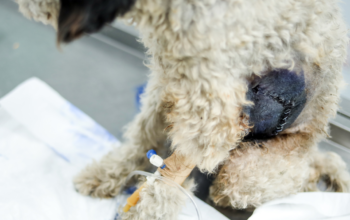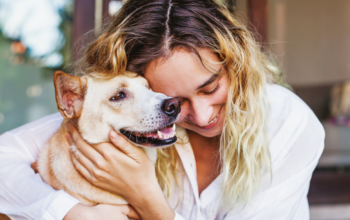Getting a dog is a huge responsibility-from feeding and exercising to choosing what breed to get and selecting a vet. But when you are caring for a senior dog, there are additional considerations. Senior dogs require extra attention, and their needs can vary with age. Here, I will share some tips on how you can help your senior dog no matter what stage of life he may be at.
Just as your senior dog needs some extra TLC, so does his body. Arthritis, hip dysplasia, and other conditions can make day-to-day activities a challenge. But your dog can still live a happy, healthy life and you can help ensure their quality of life by understanding their unique needs. For instance, if it’s really cold or raining outside, you might have to consider alternatives instead of taking your senior pet dog out for a relief walk. For such a situation, you can consider getting a product like Nature’s Loo, which can provide a natural environment with real grass.
Here Are the Tips to Take Care of Senior Dogs
Senior dogs have special needs that should be addressed. These tips will help you care for a senior dog.
- Feed Your Dog a Healthy Diet – Older dogs often experience the same health problems as senior citizens, like arthritis and joint problems. As your dog ages, you can help protect him by making sure he is receiving a healthy diet. The foods you choose should compensate for your dog’s age-related loss of muscle mass and compensate for age-related changes in metabolism that can lead to weight gain. It is also important to avoid foods that cause allergies that may lead to chronic congestion and breathing difficulties.
- Keep Your Dog Active – Dogs age just like humans do, and like with humans, bad things can happen. You will want your dog to enjoy life to the fullest and to stay as active as possible for as long as possible. Like humans, senior dogs have a harder time getting around, which affects what they eat. If you want to make sure your senior dog stays as healthy as he can, even when you’re away, make sure you always keep their bowl full of fresh water and food. You can also choose to take the help of a Dog Boarding service when you are out of town to ensure that your furry companion is in a safe and comfortable environment, where their needs are met. Experienced staff in such facilities can ensure that your dog’s bowl is always full and provide them with small, tasty, frequent meals tailored to their dietary requirements. Additionally, they can help monitor your dog’s activity levels and ensure they get the rest they need, with at least eight hours of sleep a day, and don’t let them get too hot or too cold.
- Provide Medication – Senior dogs need special care, including taking medicine to keep the dog’s internal organs working properly. There are a number of dog medications available, but certain ones may be more suitable than others. When considering prescription or non-prescription drugs for a senior dog, following your vet’s instructions carefully is particularly important. If your dog is on certain medication, then be sure to have a proper list of them. If you leave your pet with a sitter or a friend, they should know what medication to provide as you will not be able to assist them. The same applies when you leave your pet at a center that provides boarding for dogs; although they can provide the best care possible, it is your responsibility to let them know how to do that exactly.
- Keep Your Dog Comfortable – Caring for a senior dog can be tough, especially if you have more than one. One of the toughest challenges is making sure your senior dog is comfortable. An orthopaedic dog bed can be useful in keeping an elderly dog comfortable and cozy and offers great support. Investing in a ramp to help with getting in and out of the house and car can be worthwhile too. Besides this, it is also imperative to keep the surroundings of your dog clean and tidy; otherwise, they might fall sick every now and then. For instance, if you have carpets in your house, the possibility is that your pets might love sitting or lying on them. Hence, getting them cleaned with Professional Carpet Systems could be of great help in avoiding the likes of tick diseases. Likewise, ensure that your upholstery is tidy and your indoor air is breathable.
- Get Help and Immerse Your Dog in Activities – Caring for a senior dog can be a challenging responsibility, but it doesn’t have to be. Many senior dogs can live as long as 15 years, especially if they’re in good health and get regular exercise. By getting your dog into some stimulating activities, you can help make their later years more comfortable, and you may even find that they have more stamina than you previously thought!
- Review Your Dog’s Vaccinations – Pet insurance is a necessity if your dog needs regular veterinary care. Most canine insurance policies pay for regular checkups, vaccinations, and medication. Pet insurance is cheaper than human health insurance, so it is well worth the investment if your pup has some health conditions. Many policies also include coverage for accidents, illnesses, and injuries, so even dogs with accidents or illnesses are covered.
If you have a senior dog, you are probably already aware that there’s a lot to consider in caring for them. Senior dogs can sometimes suffer ailments and mobility issues even with the best of care. Along with these things, senior dogs can suffer from loss of appetite, weight loss, incontinence, and chronic coughing, to name just a few of the issues. The best way to help senior dogs is to understand what can constitute problems and then take care of them before any issues arise.




